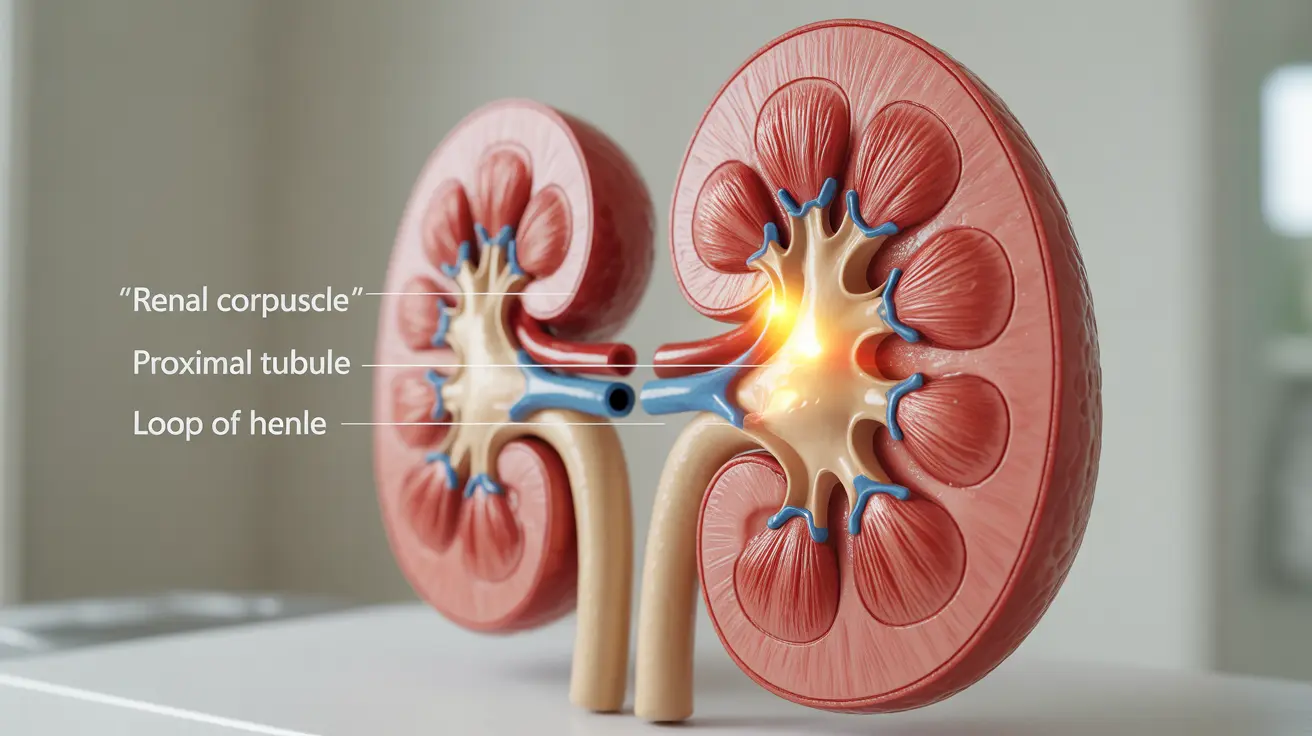Understanding the relationship between vitamin C and kidney health is crucial for anyone managing kidney conditions or interested in maintaining optimal kidney function. While vitamin C is an essential nutrient with numerous health benefits, its impact on kidney health requires careful consideration, especially for individuals with existing kidney issues.
This comprehensive guide explores the complex relationship between vitamin C and kidney function, helping you make informed decisions about vitamin C consumption based on your specific health situation.
The Role of Vitamin C in Overall Health
Vitamin C serves multiple vital functions in the body, including:
- Supporting immune system function
- Promoting collagen production
- Acting as an antioxidant
- Aiding in iron absorption
- Supporting wound healing
However, when it comes to kidney health, the relationship becomes more nuanced and requires careful consideration of individual circumstances.
Understanding Vitamin C and Kidney Function
The kidneys play a crucial role in processing vitamin C and maintaining its proper levels in the body. For individuals with healthy kidneys, vitamin C metabolism typically proceeds without issues. However, those with compromised kidney function may need to monitor their vitamin C intake more carefully.
How Kidneys Process Vitamin C
When you consume vitamin C, your kidneys help regulate its concentration in the body through several mechanisms:
- Filtering excess vitamin C from the blood
- Reabsorbing necessary amounts
- Converting and eliminating unused portions
Potential Benefits of Vitamin C for Kidney Health
Research suggests that appropriate vitamin C intake may offer several benefits for kidney health:
- Reducing oxidative stress
- Supporting blood vessel health
- Potentially lowering the risk of certain kidney-related complications
- Maintaining overall immune function
Risks and Considerations
Despite its benefits, vitamin C supplementation requires careful consideration, especially for certain individuals:
Special Considerations for Different Groups
Different populations may need to approach vitamin C supplementation differently:
- People with kidney disease
- Individuals on dialysis
- Those prone to kidney stones
- People with normal kidney function
Recommended Intake Guidelines
The appropriate vitamin C intake varies based on individual circumstances:
- General population: 65-90 mg daily
- People with kidney disease: Consult healthcare provider
- Dialysis patients: May need specific dosing
- Stone formers: Usually advised to limit intake
Frequently Asked Questions
- Is vitamin C safe for people with kidney disease or impaired kidney function?
While vitamin C is generally safe, people with kidney disease should consult their healthcare provider about appropriate dosage. Impaired kidney function may affect how the body processes vitamin C, potentially requiring adjusted intake levels.
- Can taking high doses of vitamin C cause kidney stones or other kidney problems?
Yes, excessive vitamin C intake can increase oxalate production in the body, potentially raising the risk of kidney stones in susceptible individuals. High doses should be avoided without medical supervision.
- What are the benefits of vitamin C for kidney health and how much should I take daily?
Vitamin C offers antioxidant protection and immune support for kidney health. The general recommended daily intake is 65-90 mg for adults, but specific needs vary based on individual health status and should be discussed with a healthcare provider.
- Should people on dialysis take vitamin C supplements and how does it affect their kidney health?
Dialysis patients often have lower vitamin C levels and may need supplementation, but this should be carefully monitored and prescribed by their healthcare team to avoid complications.
- How does vitamin C convert to oxalate and why is it risky for individuals prone to kidney stones?
When vitamin C is metabolized, it can be converted to oxalate as a byproduct. For individuals prone to calcium oxalate kidney stones, this increased oxalate load may raise their risk of stone formation, making careful monitoring of vitamin C intake essential.
Remember to always consult with your healthcare provider before making any changes to your vitamin C intake, especially if you have kidney-related health concerns.




